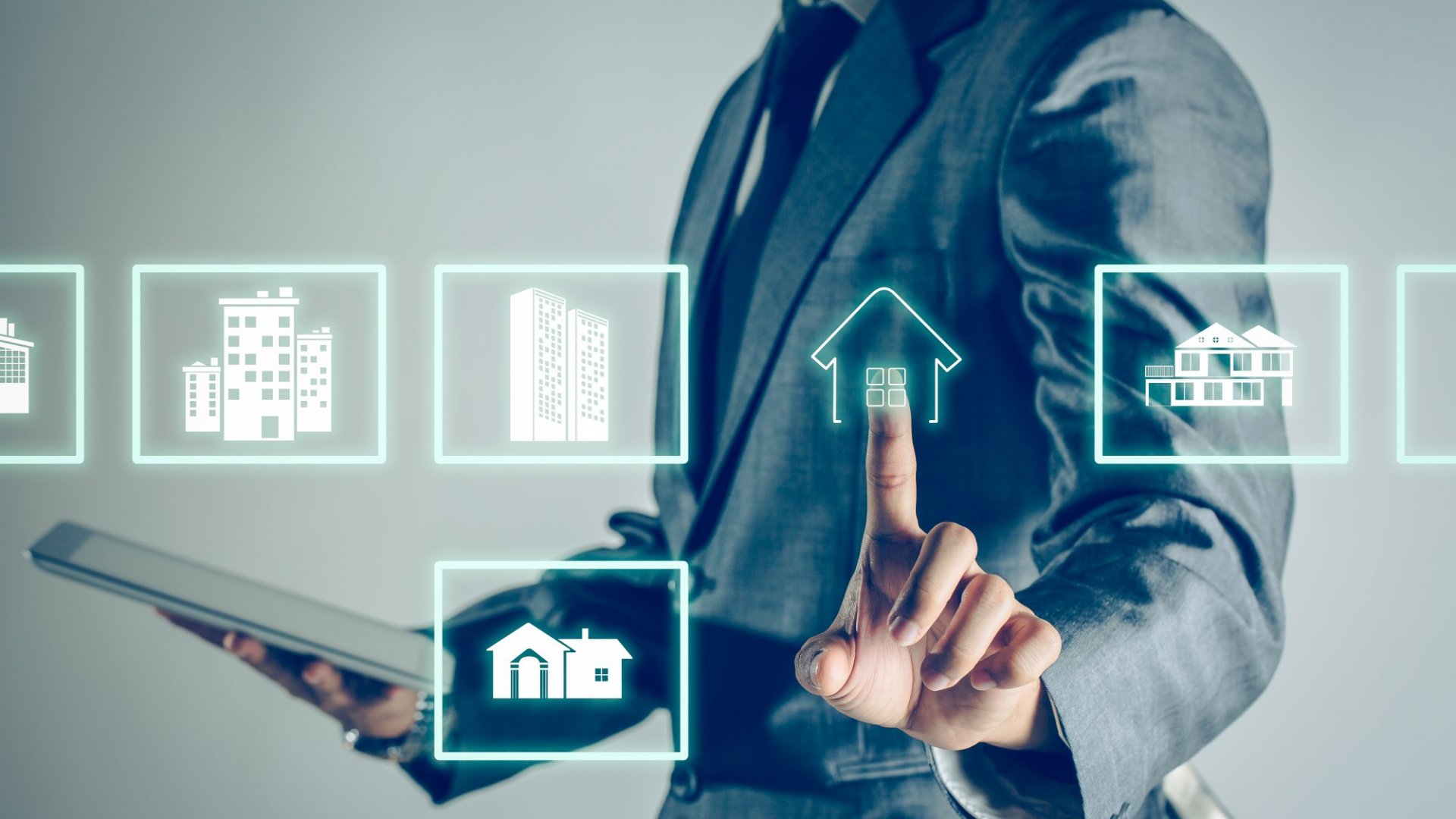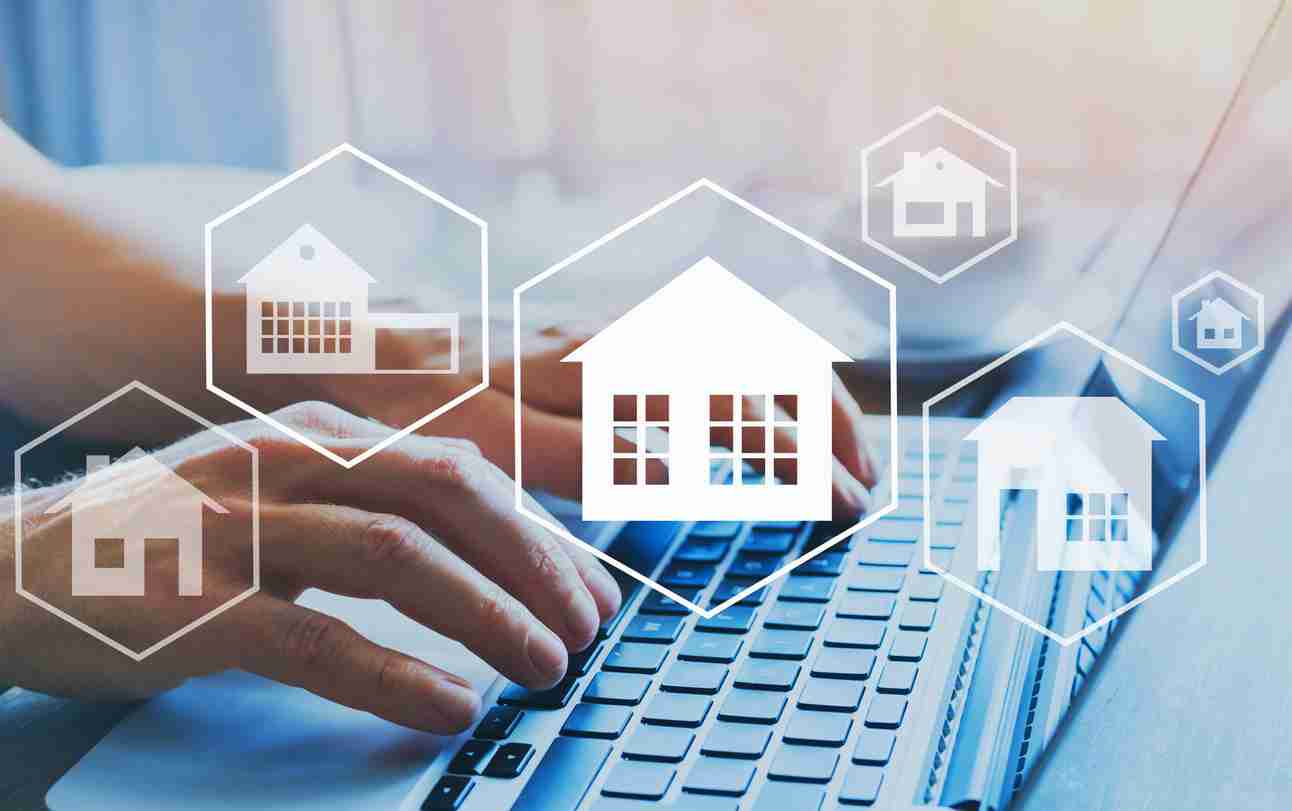Table of Contents
ToggleEver thought about how property management in Egypt will look in the next decade?
From AI-driven tenant services to smart buildings and digital payment systems, the real estate sector is entering a new era. Property management, once dominated by paperwork and manual processes, is now being reshaped by tools that streamline operations, improve tenant satisfaction, and increase investor returns.
In this article, we’ll explore how technology is transforming property management in Egypt, the opportunities it creates, and what landlords, tenants, and investors should expect.
The Current State of Property Management in Egypt
Property management in Egypt has traditionally relied on manual systems. Landlords and managers often juggle rent collection, maintenance requests, and tenant communication through phone calls and in-person visits. While effective at a small scale, this model struggles with Egypt’s expanding real estate sector, especially with the rise of gated compounds, commercial hubs, and new cities like the New Administrative Capital.
This inefficiency has created demand for modern property management solutions. Technology platforms are now stepping in, offering centralized dashboards for owners, automated reminders for tenants, and data insights for investors. It’s a shift that promises to professionalize the entire sector.

Smart Buildings and IoT Integration
One of the most exciting advancements is the rise of smart buildings equipped with Internet of Things (IoT) devices. In Egypt’s premium compounds and office towers, sensors now monitor energy use, water systems, and security in real time.
For property managers, IoT means fewer manual inspections and faster response times. For tenants, it translates into lower utility bills and a more comfortable living experience. Imagine adjusting your apartment’s temperature via an app or receiving instant notifications when maintenance is scheduled. These innovations are already present in luxury projects and will soon trickle down to mid-tier housing.
Digital Payment Systems and E-Leases
Gone are the days when tenants had to deliver rent payments in cash. In Egypt, digital wallets, online banking, and fintech platforms have simplified rental transactions. Platforms like Fawry and mobile banking apps allow tenants to pay rent instantly and securely.
E-leases are another game-changer. Instead of piles of paper contracts, landlords and tenants can now sign legally binding agreements online. This not only reduces paperwork but also ensures greater transparency and legal compliance. Over time, digital documentation will likely become the norm in Egypt’s property market.
AI and Data Analytics in Property Management
Artificial intelligence is already making property management smarter. By analyzing tenant behavior and market trends, AI can help managers predict which tenants are likely to renew leases, when maintenance will be needed, and what rental rates will remain competitive.
In Egypt, where rental demand fluctuates across areas like New Cairo, Sheikh Zayed, and Alexandria, these insights are invaluable. AI-driven tools empower landlords to set prices strategically, reduce vacancy rates, and maximize returns. They also improve tenant satisfaction by anticipating needs before problems escalate.

Tenant Experience Platforms
Tenant satisfaction has become a key driver of rental value. Modern property management isn’t just about maintaining buildings — it’s about delivering seamless experiences. Tenant portals and apps now allow residents to:
- Submit maintenance requests online.
- Track service progress in real time.
- Communicate with management instantly.
- Access community news and events.
This level of convenience is transforming how Egyptians view property management. Instead of frustration over delayed responses, tenants now enjoy efficiency and transparency — making them more likely to renew leases.
Virtual Tours and Digital Marketing for Rentals
Finding and marketing rental properties is also changing. Virtual tours powered by 3D imaging and VR are increasingly used by property managers and real estate agents in Egypt. Prospective tenants can explore properties online before scheduling visits, saving time for both sides.
Digital marketing through platforms like The Official Egyptian Real Estate Platform ensures properties reach targeted audiences, whether they are local renters or international buyers. These tools expand visibility and reduce vacancy rates, making property management more efficient and profitable.
PropTech Startups Shaping Egypt’s Market
Egypt has seen a surge in PropTech (property technology) startups over the past five years. Platforms like Listacrm.com are offering advanced CRM solutions tailored for real estate, combining customer management, marketing automation, and transaction tracking in one place.
These startups are helping property managers modernize quickly without building systems from scratch. From digital payment gateways to AI-powered platforms, PropTech firms are accelerating Egypt’s adoption of global best practices in property management.

Sustainability and Green Property Management
Another major trend is sustainability. As Egypt faces challenges like energy consumption and water scarcity, property managers are turning to technology for eco-friendly solutions. Smart meters, solar panels, and energy-efficient lighting are becoming standard in newer compounds.
For tenants, this means lower utility bills. For landlords, it enhances property value and attracts eco-conscious renters. Over time, sustainable property management will become not just a trend but a necessity for compliance and competitiveness.
Challenges of Technology Adoption in Egypt
Despite its benefits, tech adoption in property management isn’t without challenges. Many landlords still prefer traditional systems and are cautious about digital tools. Infrastructure gaps, like inconsistent internet coverage in some areas, can also slow progress.
Additionally, regulatory frameworks need to evolve to support e-leases, digital payments, and AI-driven management. Without clear guidelines, adoption may face hurdles. Still, with Egypt’s growing digital economy, these challenges are more temporary than permanent.
The Future of Property Management in Egypt
Looking ahead, property management in Egypt is set to become fully digitalized. AI, IoT, and PropTech platforms will merge into integrated ecosystems that handle everything from tenant acquisition to facility maintenance. Landlords will have real-time dashboards tracking performance, while tenants will enjoy app-based services for nearly every aspect of their homes.
The government’s push for smart cities — particularly the New Administrative Capital — will accelerate this shift. Over the next decade, property management in Egypt will move from being reactive and manual to proactive, predictive, and highly professional.
Let’s Recap
Technology is no longer a luxury in property management; it’s becoming the backbone of Egypt’s real estate industry. From digital payments to AI-driven insights, these tools enhance efficiency, reduce costs, and create better experiences for tenants. While challenges remain, the trajectory is clear: property management in Egypt is on a path to modernization that mirrors global trends.
For landlords, embracing these tools means staying competitive. For tenants, it promises greater convenience and transparency. And for investors, it signals a stronger, more professional market that can deliver consistent returns. The future of property management in Egypt is smart, digital, and full of opportunity.

Frequently Asked Questions(FAQs):
1. How is technology changing property management in Egypt?
It’s making processes digital, from rent payments to maintenance requests, while improving efficiency and tenant satisfaction.
2. What are smart buildings in Egypt?
They’re buildings equipped with IoT devices that monitor energy, water, and security systems in real time.
3. Can tenants pay rent digitally in Egypt?
Yes. Platforms like Fawry and mobile banking apps allow secure and instant rent payments.
4. What is PropTech?
PropTech refers to property technology startups and platforms that modernize real estate management through digital tools.
5. Are e-leases legally valid in Egypt?
Yes, but wider adoption requires clearer regulations to support digital contracts.
6. Do compounds in Egypt use property management apps?
Many premium compounds already use tenant portals and apps to handle requests and communication.
7. How does AI help property managers?
AI analyzes tenant data to predict renewals, set optimal rental prices, and anticipate maintenance needs.
8. Is sustainability part of property management in Egypt?
Yes. Green solutions like solar panels and smart meters are increasingly integrated into compounds.
9. What challenges limit tech adoption in Egypt’s property sector?
Cultural resistance, infrastructure gaps, and evolving regulations are the main barriers.
10. Will all property management in Egypt become digital in the future?
Most likely. With smart cities and PropTech growth, digital management will soon be the standard.
